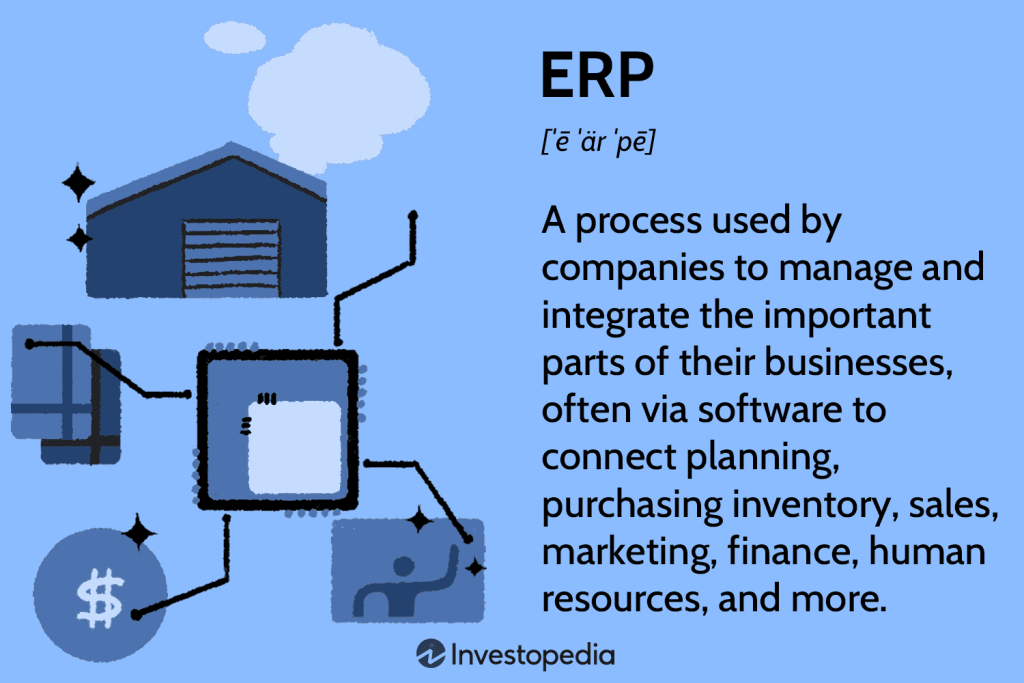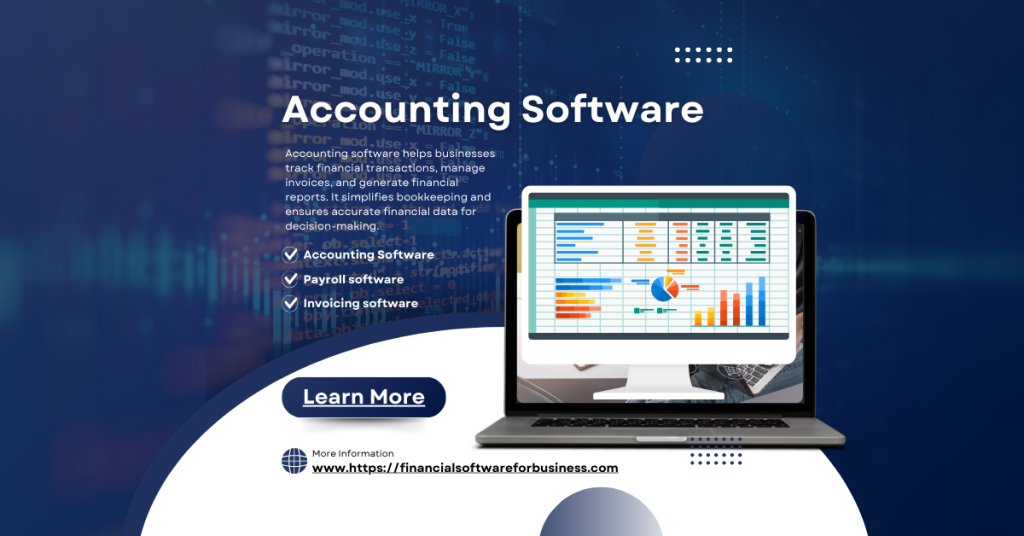ERP software stands for Enterprise Resource Planning software. It helps businesses manage day-to-day operations.
In today’s fast-paced world, businesses need efficient tools to stay competitive. ERP software integrates various functions like finance, HR, sales, and inventory into one system. This makes processes smoother and more efficient. With ERP software, companies can streamline operations, improve decision-making, and boost productivity.
This software is crucial for businesses of all sizes, from small startups to large corporations. Understanding ERP software can help you choose the right tools for your business needs. Let’s dive deeper into what ERP software is and how it can benefit your organization.
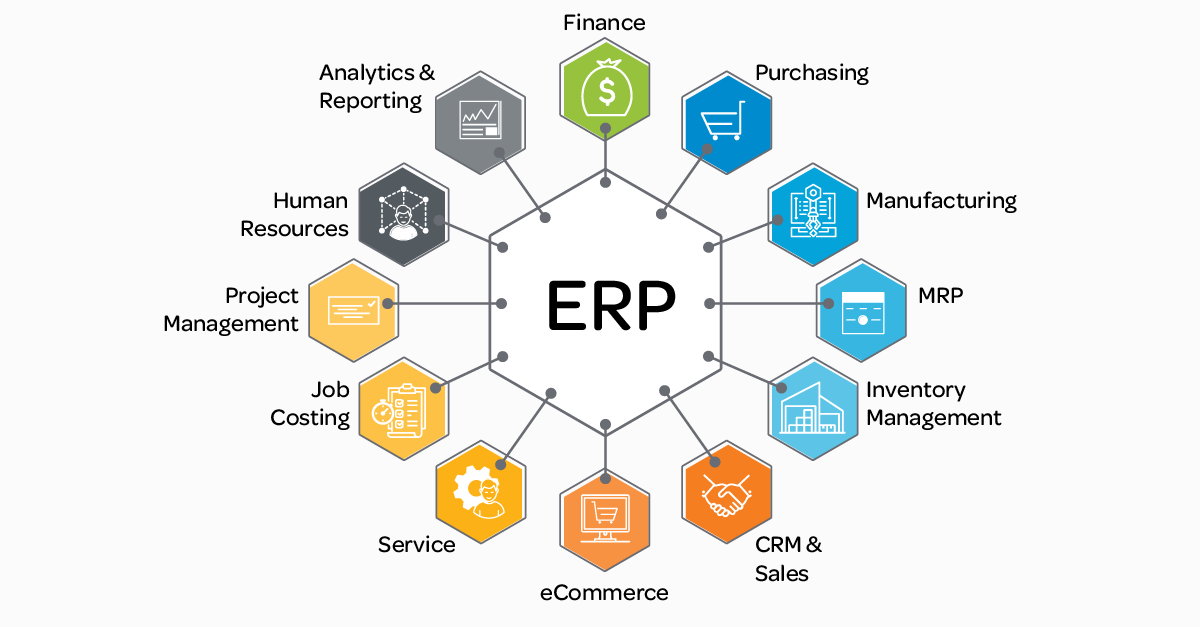
Credit: www.projectline.ca
Introduction To Erp Software
ERP stands for Enterprise Resource Planning. It is a type of software. This software helps businesses manage their resources. Resources include things like money, materials, and people. The main goal of ERP is to improve efficiency. It does this by integrating different parts of the business. For example, ERP can link sales, inventory, and accounting. This means all parts of the business can share information easily. With ERP, businesses can save time and reduce errors.
ERP software started in the 1960s. Back then, it was called MRP. MRP stands for Material Requirements Planning. It was used by manufacturing companies. Over time, MRP evolved. It became MRP II in the 1980s. MRP II added more features. It included production planning and scheduling. In the 1990s, ERP became popular. It now included financial and human resources features. Today, ERP is used by many types of businesses. Not just manufacturers.
Key Features Of Erp Systems
ERP systems have several important modules. The Finance module helps with tracking money. The HR module manages employee details. The Inventory module keeps track of products. The Sales module handles customer orders. The Purchase module manages buying from suppliers. Each module works together to streamline processes.
Some ERP systems offer more features. A CRM module helps manage customer relationships. The Project Management module tracks project progress. The Supply Chain module handles goods flow. The Business Intelligence module provides reports and analytics. These extra tools can make businesses more efficient.
Types Of Erp Software
On-Premise ERP software is installed on your company’s computers. It requires in-house servers and IT staff. This type of ERP offers more control over data. Companies with strict data policies often choose it. On-premise ERP can be costly to maintain. It may also need frequent updates.
Cloud-Based ERP is hosted on the vendor’s servers. Access it through the internet. This type of ERP reduces hardware costs. Updates are managed by the vendor. It is great for remote work. Many small businesses prefer cloud-based ERP. It can scale easily with your business.
Hybrid ERP combines on-premise and cloud-based systems. It offers the best of both worlds. Use on-premise for sensitive data. Use the cloud for other tasks. This type of ERP is flexible. It can adapt to changing needs. Hybrid ERP can be complex to manage. It suits larger enterprises with diverse needs.
Benefits Of Erp Implementation
ERP systems help improve operational efficiency. They streamline business processes. This reduces manual work. Automation speeds up tasks. Employees have more time for important work. This leads to higher productivity. Better efficiency means better results.
Companies can see big cost savings with ERP. Less manual work reduces errors. This saves money. Inventory levels are managed better. This reduces waste. Better planning means less spending. All these factors add up to save money.
ERP systems provide improved reporting. They offer real-time data. Reports are accurate and up-to-date. Decision makers have the right information. They can make better choices. This leads to smarter business moves. Better reporting means better outcomes.
Industries Utilizing Erp
ERP software helps various industries manage their resources efficiently. It integrates key business functions like finance, HR, and supply chain. This streamlines processes and enhances productivity.
Manufacturing
Manufacturing companies use ERP to manage their production processes. It helps in tracking inventory and orders. ERP systems improve efficiency. They reduce waste and enhance product quality.
Healthcare
Hospitals and clinics rely on ERP for better patient management. It assists in scheduling appointments and managing medical records. ERP ensures the availability of medicines. It helps in billing and insurance claims.
Retail
Retailers use ERP to handle sales and customer data. It keeps track of stock levels and supplier details. ERP systems streamline order processing. They improve customer satisfaction.
Finance
Banks and finance companies use ERP for accounting and financial reporting. It helps in managing assets and liabilities. ERP ensures compliance with regulations. It supports decision-making with accurate data.
Challenges In Erp Adoption
ERP systems can be expensive. Small businesses may struggle with the high initial costs. Budgeting is crucial. These costs include software, hardware, and consulting fees. Planning can help manage expenses.
Implementing ERP is not simple. It involves multiple steps. Integration with current systems is often tough. Time and effort are required. Detailed planning is essential for success.
Users need training to use ERP effectively. This training can be time-consuming. Employees must learn new processes. Providing adequate training is key. Ongoing support is also important.
Future Trends In Erp
AI helps in analyzing large data sets fast. This leads to better decisions. Machine learning improves ERP systems over time. It learns from data and makes processes smarter. These technologies help in predicting future trends. This reduces errors and saves time.
IoT connects devices and systems. This gives real-time data. ERP can use this data to improve processes. For example, sensors can track inventory levels. This ensures stock never runs out. It also helps in maintenance. Machines can alert when they need repair. This avoids downtime.
Mobile ERP allows access from anywhere. This helps in making quick decisions. Employees can update data on the go. This keeps information current. It also improves collaboration. Teams can work together even if they are far apart. Mobile ERP increases productivity.
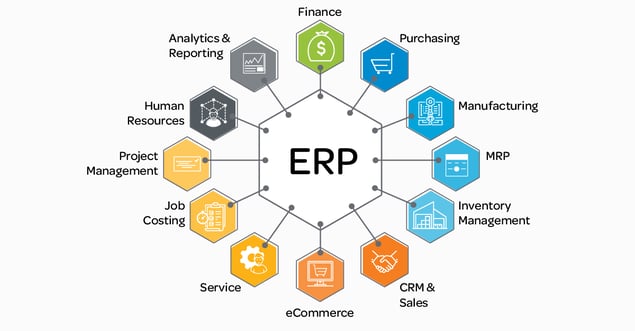
Credit: www.projectline.ca
Selecting The Right Erp Software
First, identify your business needs. Understand what you want from ERP software. Look at your current processes. What needs improvement? Talk to your team. Gather their input. This will help you choose the right software.
Next, compare vendors. Look at their features. Check their reputation. Read reviews. Ask for demos. Compare prices. This will help you find the best vendor for your needs.
Finally, check the customization options. Can the software be tailored to your needs? Look at the flexibility. See if it can grow with your business. This ensures the software will be useful for a long time.
Case Studies
Many companies have used ERP software with great success. One company saw a 50% increase in productivity. Their team became more efficient. Another company reduced costs by 20%. They managed inventory better. Both companies experienced smoother operations. Their employees were happier.
Planning is key. Companies that planned well saw the best results. Training is also important. Employees need to understand the new system. Keep goals realistic. Expect some challenges. Learn from mistakes. Adapt and improve. Communication helps. Keep everyone informed.
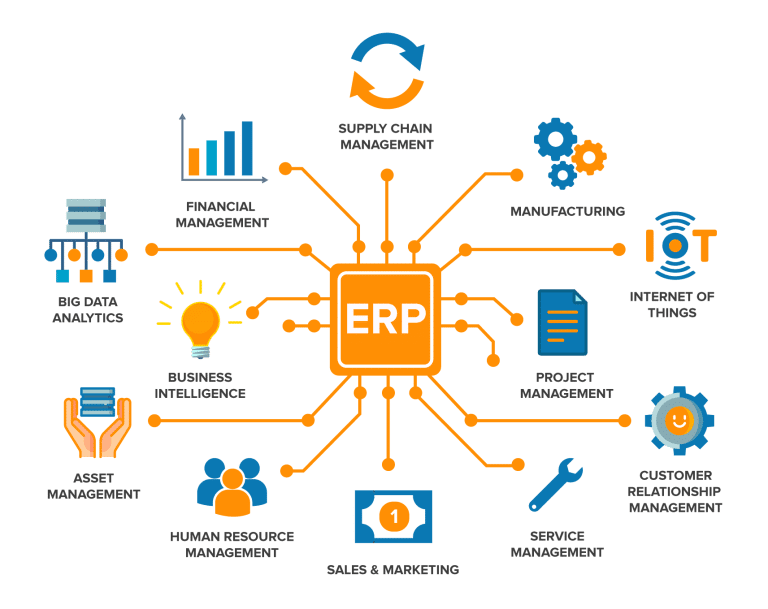
Credit: www.brightpearl.com
Conclusion
ERP software simplifies business processes and boosts efficiency. It integrates various functions into one system. This reduces errors and saves time. Choosing the right ERP software is crucial for success. It enhances decision-making with accurate data. Businesses of all sizes can benefit.
The right ERP software supports growth and scalability. Make a well-informed decision and watch your business thrive. Embrace the power of ERP software today.
